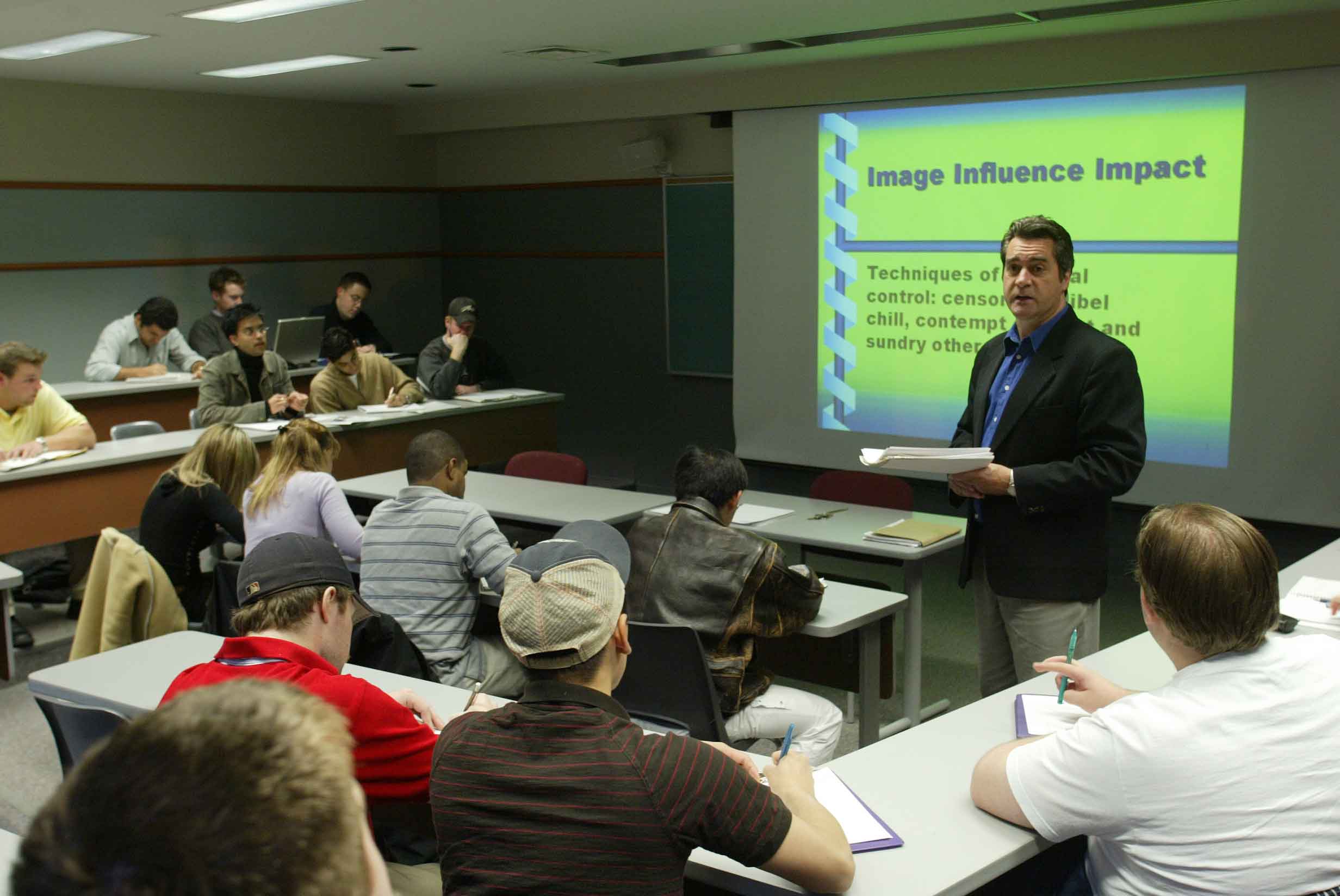If you need to take a course (or courses) or class (or classes) in or to maintain or imporve your skills to maintain your status or pay level or if you need to takes these courses or classes for the purpose of meeting legal or employer requirements your employer may be able to deduct the expenses.
The business is not able to deduct expenses that enable you to be qualified for the job or that would qualify you for a new trade or business (a new job).
As with all business expenses, they must be considered “ordinary and necessary” in order to be deductible and as far as educational expenses are concerned they must also be “required”. The key, as with all deductions is that you document your reasoning. The expenses must be directly related to your current employment. Just because taking the course or having this knowledge is “appropriate or helpful” does not make it “required, necessary or ordinary”. Just because the employer adds a line to your employment contract stating it’s a requirement does not make it “ordinary or necessary”.
It is even more to your advantage to carefully document the FACTS, proving that the education is required, ordinary and necessary for your current job and not a new job, trade or business. It does not matter if you do not intend on getting a new job, or starting a new trade or business. It does not intend on your reasons for taking the new courses.
For example the tax courts have allowed taxpayers with finance degrees, management and marketing degrees to deduct the expenses related to getting an MBA, if and when the taxpayer is involved in the same aspect of the business that they were involved in prior to obtaining the MBA on the basis that the taxpayer showed that these courses “enhanced and maintained their skills”.
On the other side of the coin, the tax court disallowed an aeronautical engineer the ability to deduct the cost of obtaining his commercial pilot’s license even though the engineer was easily able to show that the education did improve his knowledge of aeronautical engineering. The expenses were disallowed because he was now able to get a job as a commercial pilot – it didn’t matter that he didn’t want to.
As with all contested expenses they are often “won or lost” based on the taxpayer’s substantiation of the deduction.

